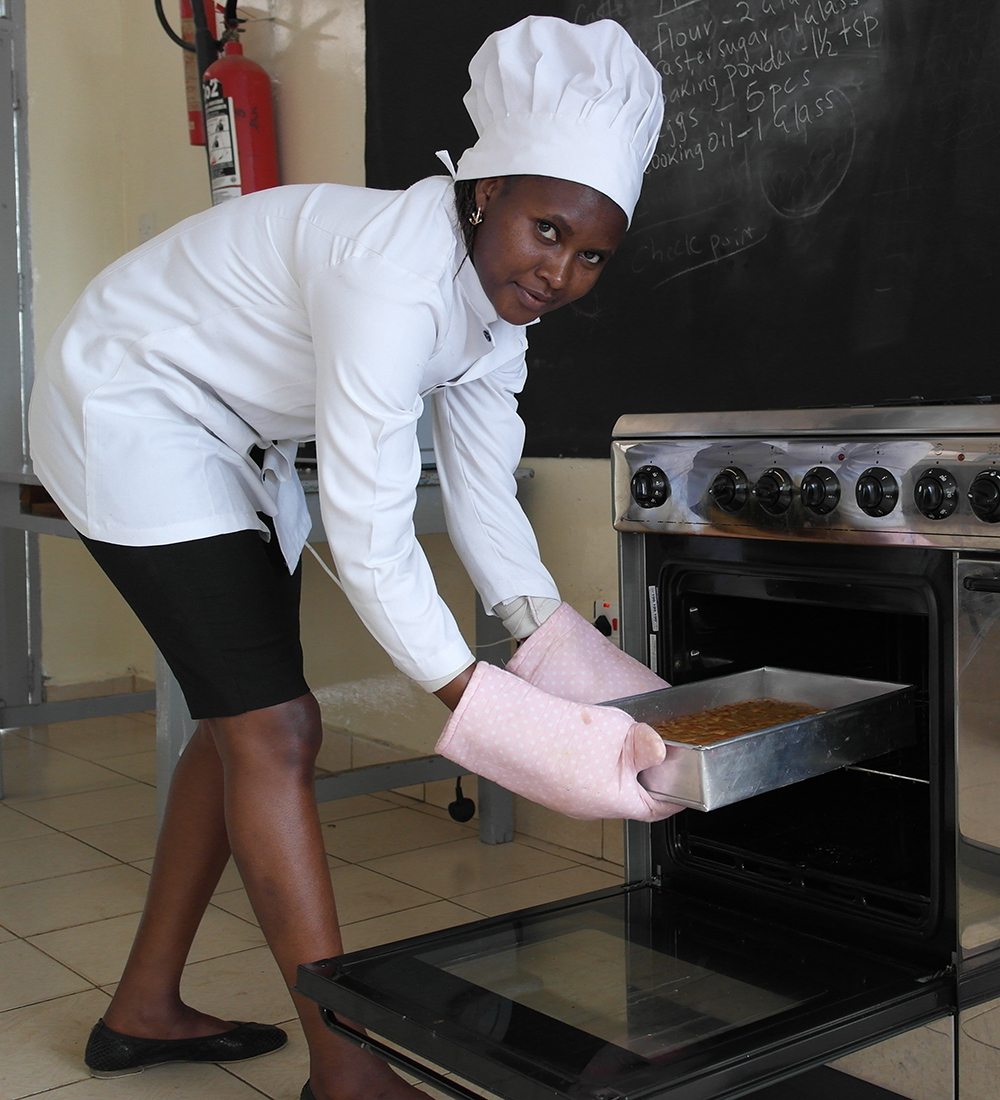

- Program: CDTD Initiatives
- Location: Keiyo Rd, Nairobi
- Facilitator:CDTD
- Catetory: All-round Development
- Time: Since 2001
Information
CDTD Initiatives
The Centre for Domestic Training and Development (CDTD) is a Non-Governmental Organization that works towards better livelihood outcomes for girls and women in domestic labor and other vulnerable groups of women in the community. Using established partnerships and collaborations with government and other CSOs, CDTD targets and benefits girls and women in domestic labor, migrants, victims of trafficking, refugees’/asylum seekers, and victims of Sexual and Gender-Based Violence through comprehensive programming geared towards recovery, social reintegration, and economic empowerment.
CDTD’s VISION is: – “A society with structures that enable less privileged girls and women to take on ownership of their lives.” Our MISSION is: – “To be a dynamic organization that strengthens the potential of vulnerable girls and women through Research, Advocacy, Shelter, Psycho-social Support, Education, Skills Training, and Economic Empowerment.”
CDTD’s Objectives
- To equip women and youth with home management skills and to strengthen their capacity to negotiate for reasonable terms and conditions of service
- To digitalize professional domestic work services and create an employee-employer feedback platform
- To reduce workplace vulnerability of domestic workers in Kenya and the region by enhancing consciousness and awareness on existing policies and laws.
- To facilitate effective collective voice and action through CDTD’s Domestic Workers’ Transformation Program, enabling domestic workers to harness opportunities arising from policy and practice reforms affecting the domestic sector
- To provide safe shelter, direct assistance, counseling, and support services to domestic workers, victims of trafficking in persons, children rescued from worst forms of child labor, and migrants
- To create awareness on HIV/AIDS prevention and management, to provide life skills education, and to educate girls and women on reproductive health issues
- To network and collaborate with other organizations in advocating and lobbying for the rights of domestic workers in promoting and protecting women’s and children’s rights
Some of the issues that CDTD focuses on include:

